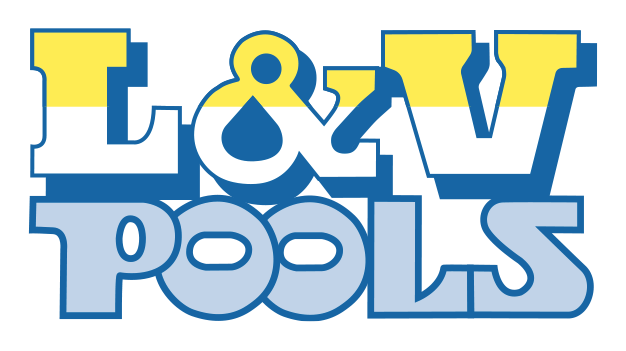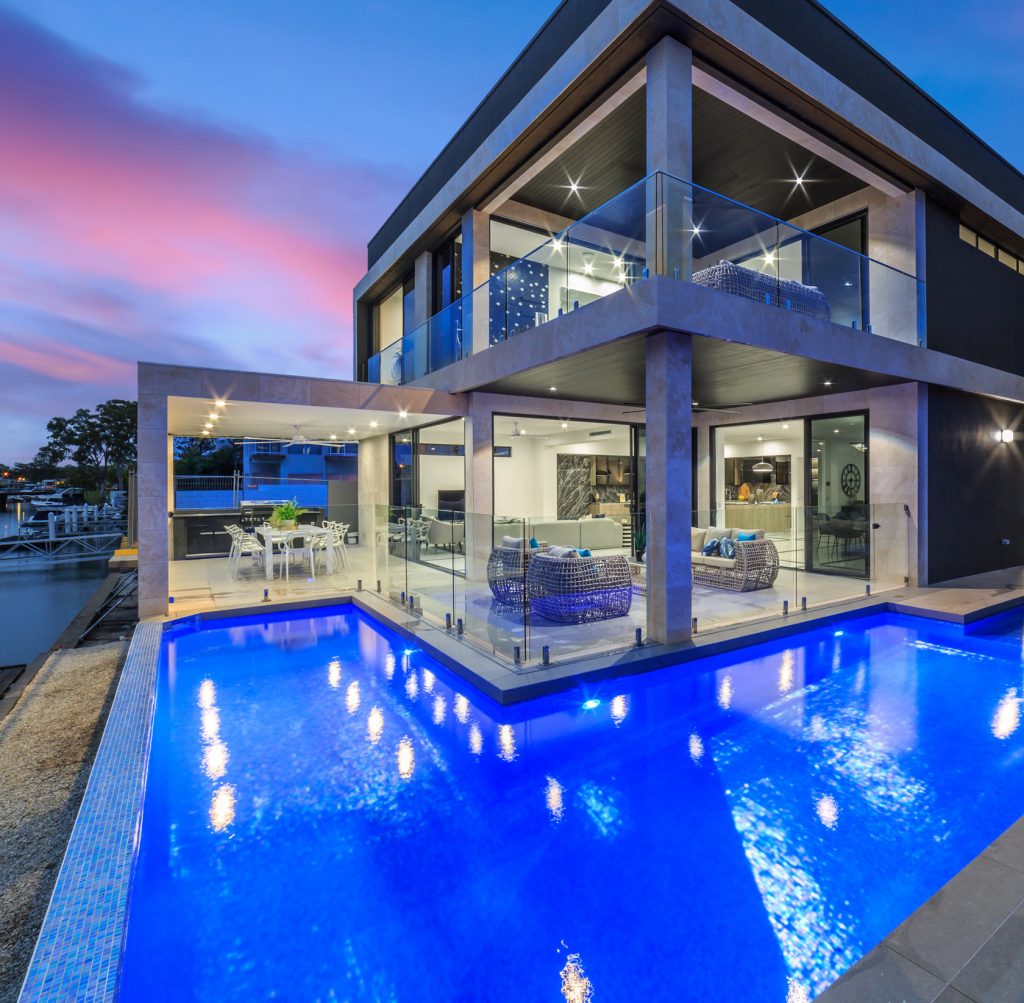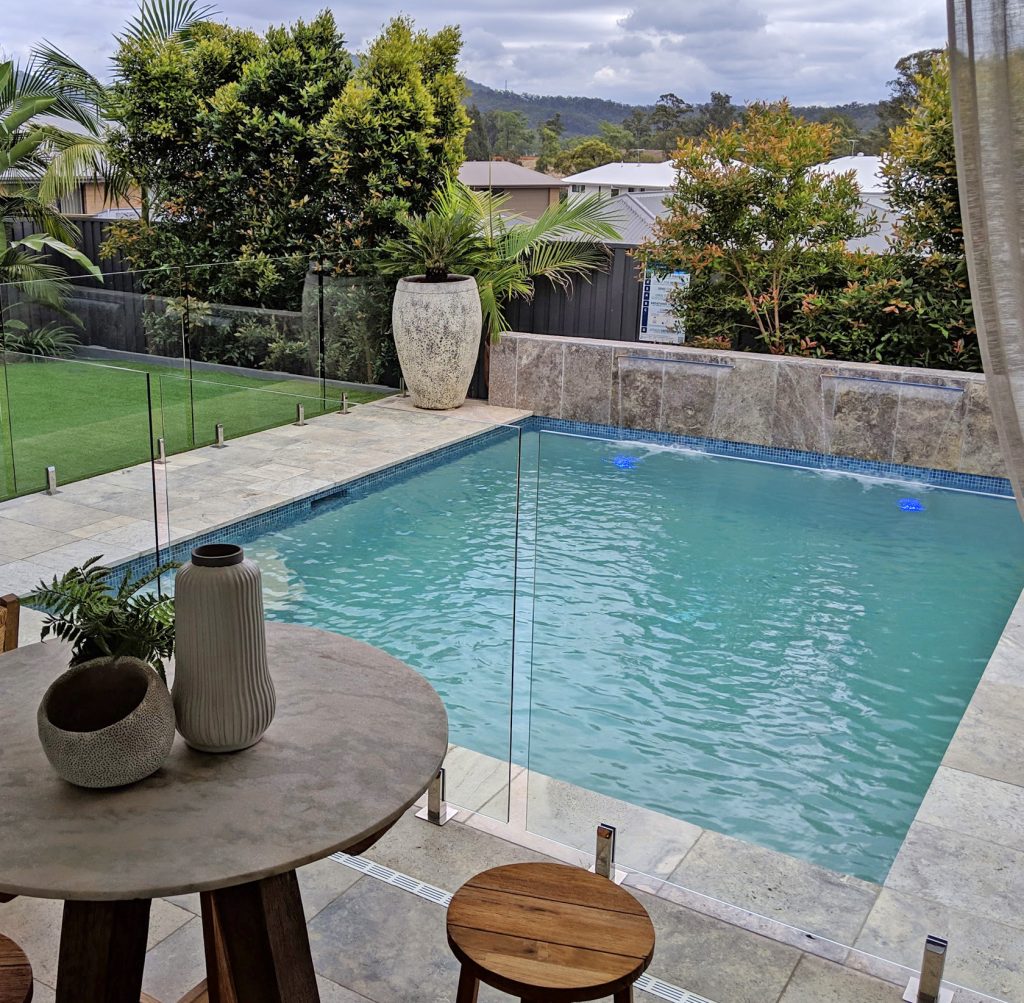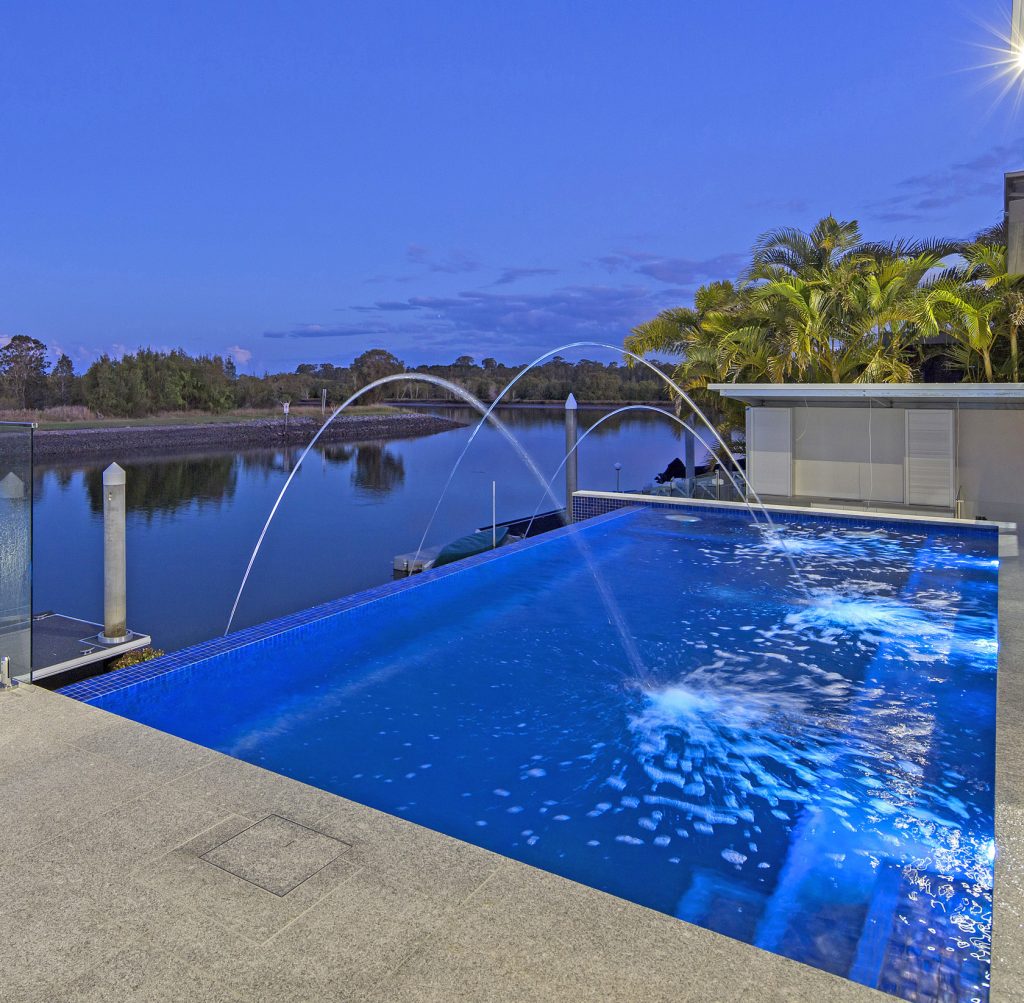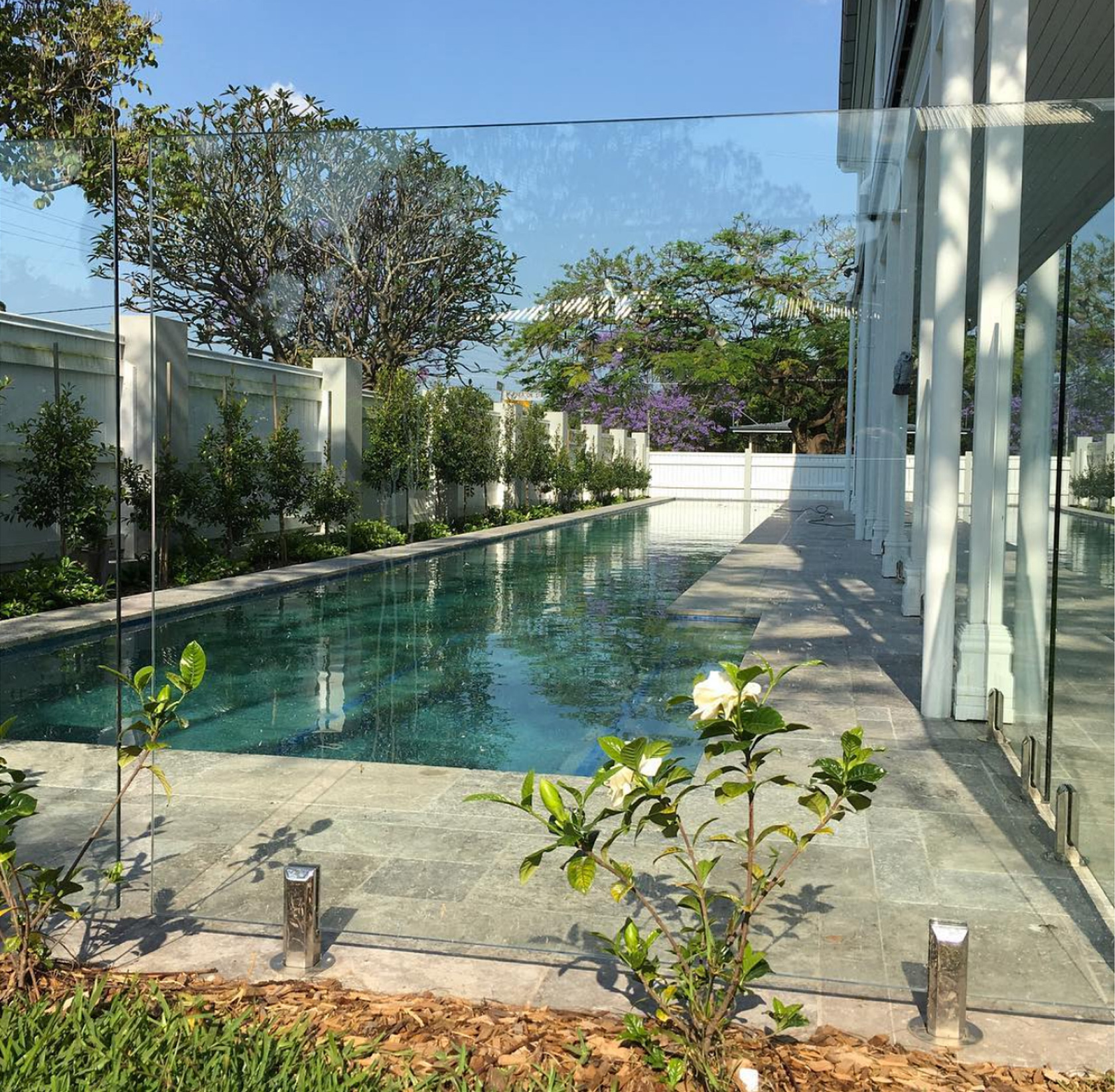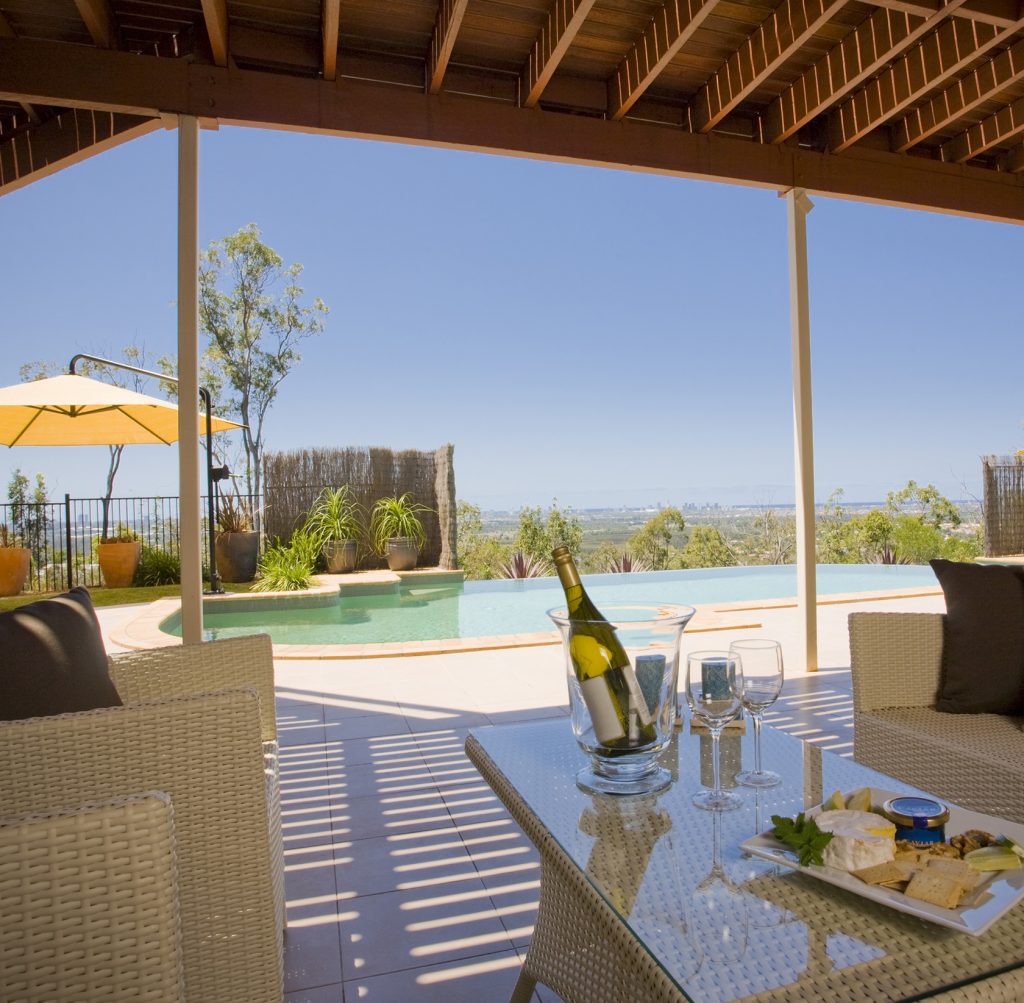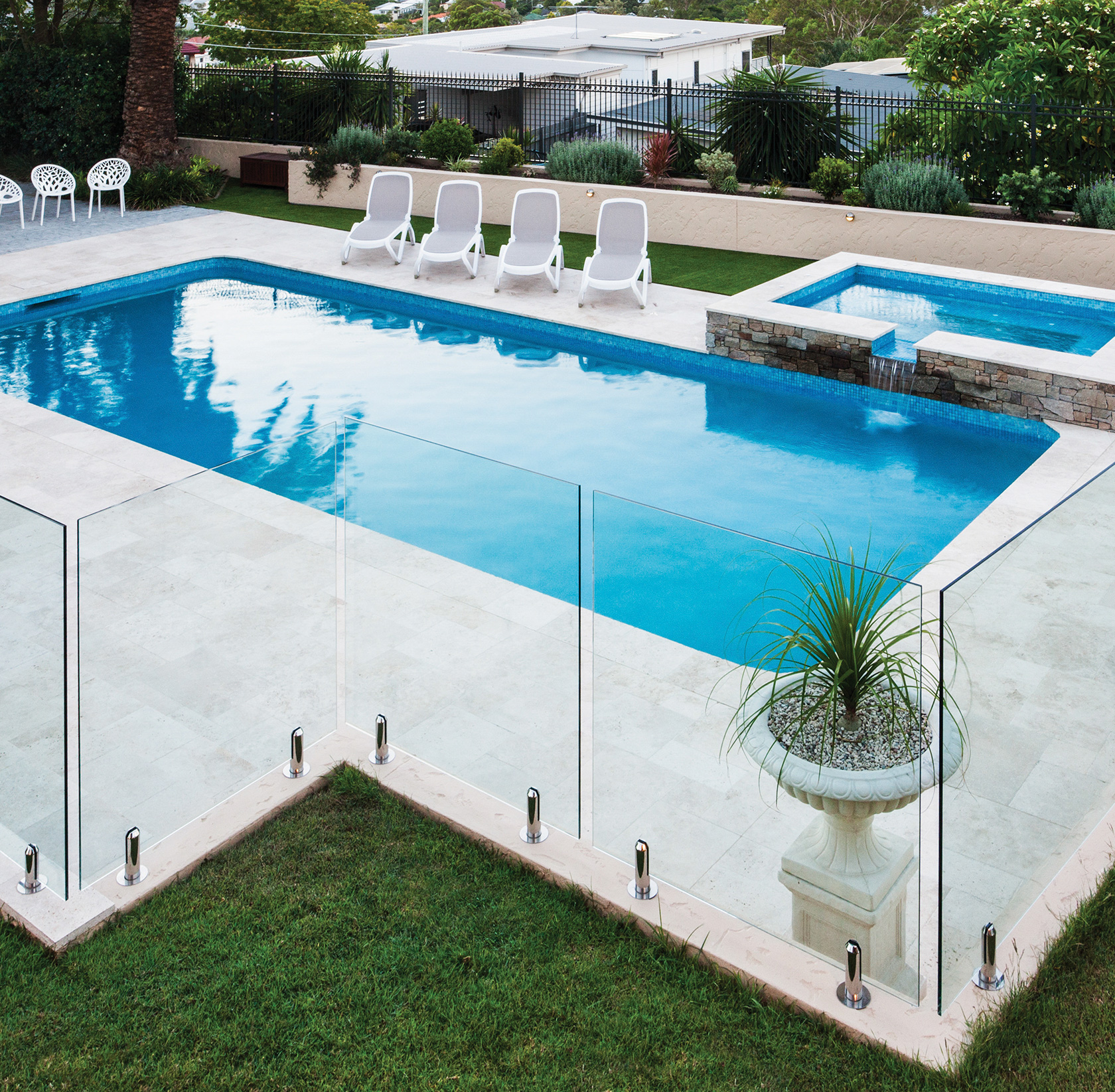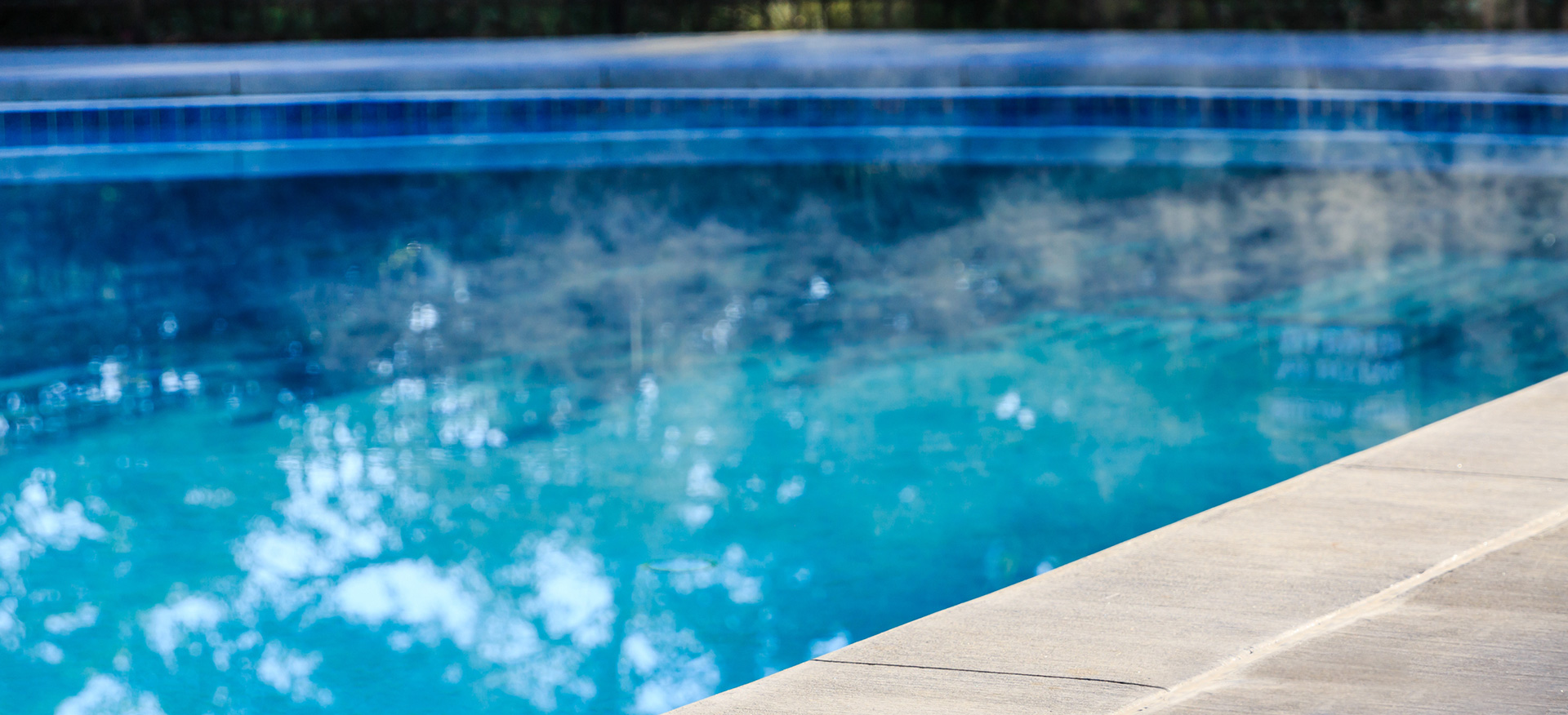What’s the best pool heating option?
As the weather cools down (even on the sunny Gold Coast) attention turns to finding the best pool heating method to extend the swim season. Solar and heat pumps tend to be stand out popular choices and each come with their own set of pros and cons. We’ve compared the two in one convenient place to help guide your selection.
Solar pool heating
Pros:
- Cost Savings: Solar pool heating systems utilise free energy from the sun, reducing or eliminating the need for electricity or gas, resulting in significant cost savings over time.
- Environmentally Friendly: Solar heating systems produce clean, renewable energy, reducing greenhouse gas emissions and environmental impact compared to traditional heating methods.
- Long-Term Investment: While the initial installation cost may be higher than other heating options, solar pool heating systems have minimal ongoing maintenance costs and can provide a high return on investment over their lifespan.
- Low Operating Costs: Once installed, solar pool heating systems have minimal operating costs, as they rely on sunlight to heat the pool water, making them an economical choice in the long run.
Cons:
- Dependence on Sun: Solar pool heating systems depend on sunlight to generate heat, so they may be less effective on cloudy days or during periods of limited sunlight, potentially resulting in fluctuations in water temperature.
- Initial Installation Cost: The upfront cost of installing a solar pool heating system can be higher than some other heating options.
- Space Requirements: Solar panels require adequate space for installation, typically on a roof or nearby ground area with unobstructed sunlight exposure, which may not be feasible for all properties.
- Maintenance Requirements: While solar pool heating systems have minimal ongoing maintenance needs, periodic inspection and cleaning of the solar panels are necessary to ensure optimal performance and efficiency.
Pool heat pumps
Pros:
- Energy Efficiency: Pool heat pumps are highly energy-efficient, as they transfer heat from the surrounding air to the pool water using electricity, rather than generating heat directly. This results in lower operating costs compared to gas heaters.
- Consistent Heating: Heat pumps provide consistent heating by maintaining a steady temperature regardless of outdoor weather conditions, making them ideal for maintaining comfortable water temperatures year-round.
- Environmentally Friendly: Heat pumps produce fewer greenhouse gas emissions compared to gas heaters, as they utilise ambient air temperature to heat the pool water, making them an environmentally friendly heating option.
- Long Lifespan: Heat pumps have a long lifespan, typically lasting 10-20 years with proper maintenance, providing a reliable heating solution for your pool over the long term.
- Safety: Heat pumps do not produce flames or emit harmful gases during operation, making them a safe option.
- Space Requirements: Heat pumps require adequate space for installation, including clearances for airflow and ventilation, but require far less space than solar heating systems.
Cons:
- Dependent on Air Temperature: Heat pumps rely on ambient air temperature to extract heat, so they may be less effective in colder climates or during periods of extended cold weather, resulting in reduced heating efficiency and longer heating times.
- Slower Heating Time: Heat pumps typically have a slower heating rate compared to gas heaters, especially during cooler weather, which may require planning ahead to achieve desired water temperatures.
- Maintenance Requirements: Heat pumps require regular maintenance, including cleaning the evaporator and condenser coils, checking refrigerant levels, and inspecting electrical components, to ensure optimal performance and efficiency.
Home owners should carefully consider their specific needs and circumstances when deciding which pool heating option is the right choice. If you need further guidance or have more questions please contact us.
